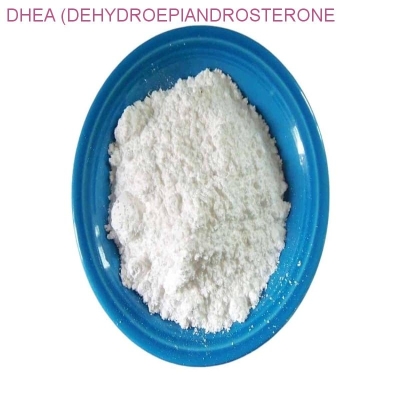-
Categories
-
Pharmaceutical Intermediates
-
Active Pharmaceutical Ingredients
-
Food Additives
- Industrial Coatings
- Agrochemicals
- Dyes and Pigments
- Surfactant
- Flavors and Fragrances
- Chemical Reagents
- Catalyst and Auxiliary
- Natural Products
- Inorganic Chemistry
-
Organic Chemistry
-
Biochemical Engineering
- Analytical Chemistry
-
Cosmetic Ingredient
- Water Treatment Chemical
-
Pharmaceutical Intermediates
Promotion
ECHEMI Mall
Wholesale
Weekly Price
Exhibition
News
-
Trade Service
The production process of 2-methyl-4-phenyl-5-pyrimidinecarboxylic acid (MPPA) involves a series of chemical reactions that convert raw materials into the desired product.
MPPA is an important intermediate in the production of certain pharmaceuticals and agricultural chemicals, making it a crucial component in the chemical industry.
The production process of MPPA can be divided into several steps, including the preparation of raw materials, the initial reaction steps, and the isolation and purification of the product.
Each step requires careful control and monitoring to ensure that the final product meets the required quality standards.
- Preparation of Raw Materials
The first step in the production of MPPA is the preparation of the raw materials.
The precursor to MPPA is typically a substituted aniline, such as 4-chloroaniline or 4-bromoaniline.
These anilines are then reacted with a substituted phenylalanine, such as 2-methylphenylalanine or 3-methylphenylalanine, to form a substituted o-aminophenylpyrrolidine-2,5-dione intermediate.
- Initial Reaction Steps
The substituted o-aminophenylpyrrolidine-2,5-dione intermediate is then reacted with a substituted sodium hydroxide solution in the presence of an organic solvent, such as acetonitrile, to form the corresponding sodium salt.
This salt is then treated with a substituted malonic acid, such as 2-methylmalonic acid or 3-methylmalonic acid, in the presence of a Lewis acid catalyst, such as aluminum chloride or ferric chloride.
This results in the formation of a substituted 2-methyl-4-phenyl-5-pyrimidinecarboxylic acid.
- Isolation and Purification of the Product
The final step in the production of MPPA is the isolation and purification of the product.
This typically involves a series of chemical reactions and purification steps, including the neutralization of the acid with a base, such as sodium hydroxide, and the extraction of the product with a solvent, such as ether or benzene.
The purified MPPA is then typically crystallized from a solvent, such as ethanol or acetonitrile, to obtain a pure form of the product.
Quality Control
To ensure the quality of the final product, the production process of MPPA must be carefully monitored and controlled at each step.
This typically involves the use of various analytical techniques, such as gas chromatography (GC) and high-performance liquid chromatography (HPLC), to measure the purity and composition of the product.
In addition, regular testing and quality control checks are typically performed to ensure that the final product meets the required quality standards.
Safety and Environmental Considerations
The production process of MPPA involves the use of various chemicals and reagents, which can pose potential safety and environmental risks.
To minimize these risks, it is important to follow all relevant safety guidelines and regulations, including proper handling, storage, and disposal of chemicals.
In addition, it is important to implement appropriate measures to minimize emissions and releases of chemicals into the environment.
Conclusion
The production process of MPPA is a complex and multi-step process that requires careful control and monitoring to ensure the quality and purity of the final product.
The availability of raw materials and the use of advanced technologies, such as continuous processes, have made the production of MPPA safer and more efficient.
The demand for MPPA as an intermediate in the production of pharmaceuticals and agricultural chemicals is expected to continue to grow, making the production process of MPPA an important aspect of the chemical industry.







